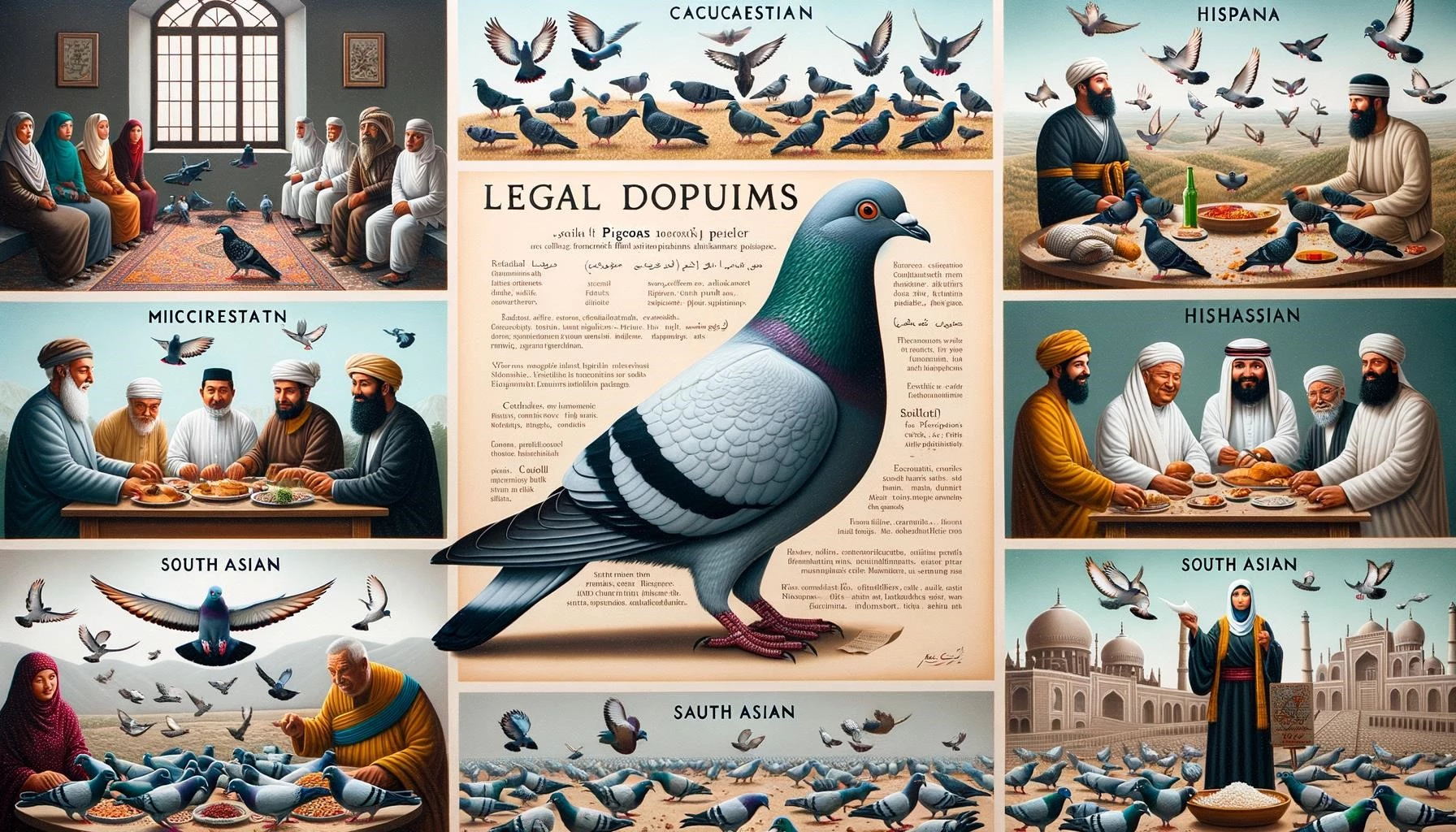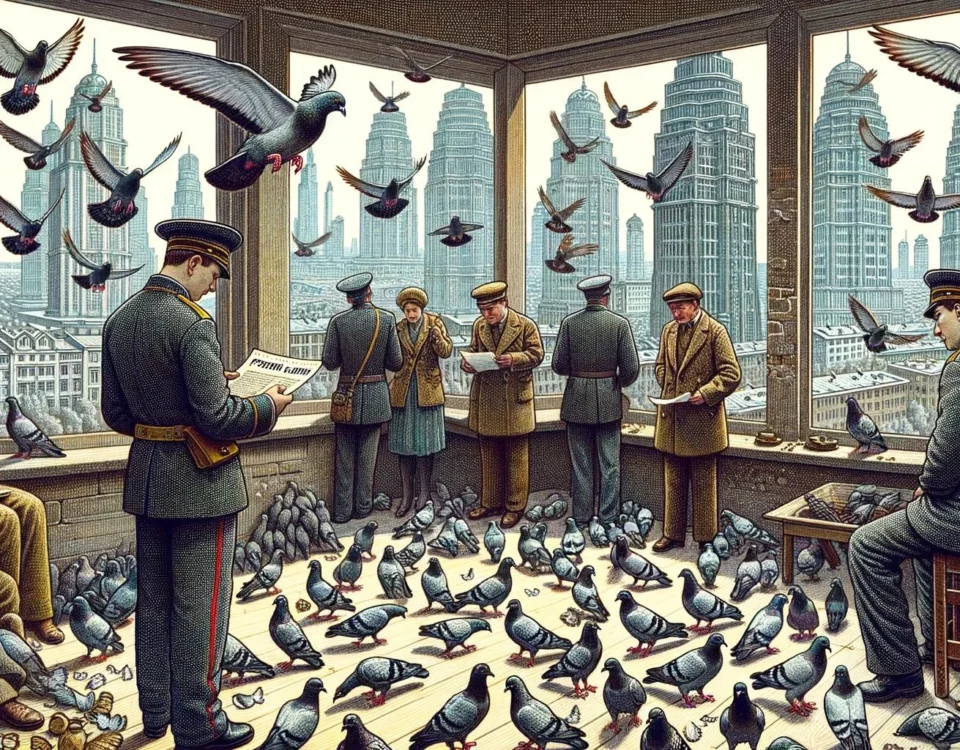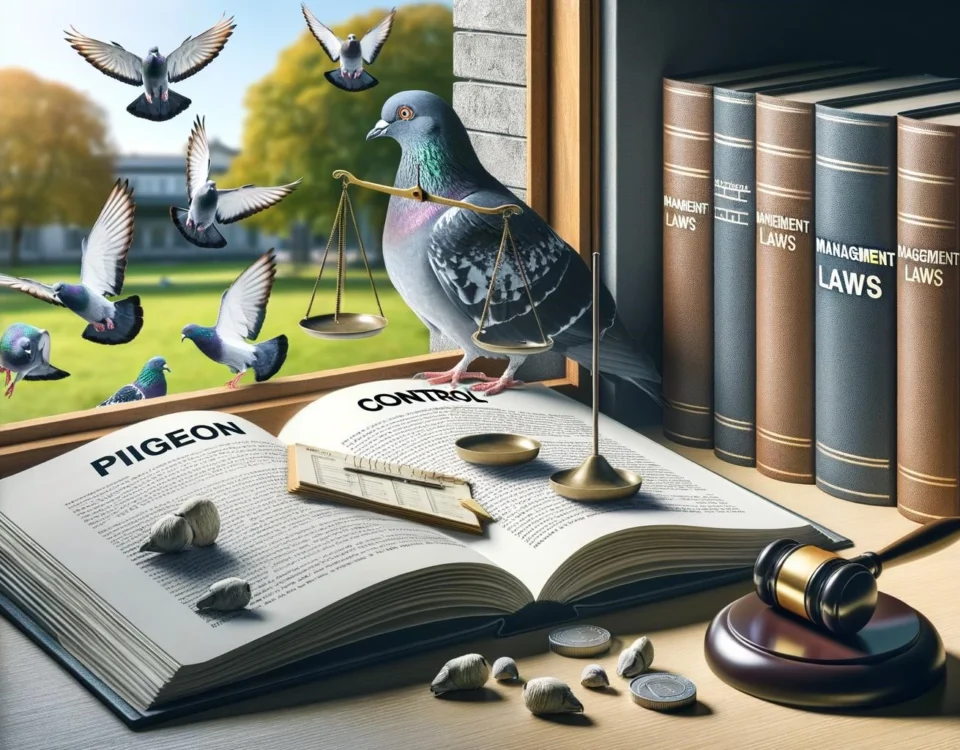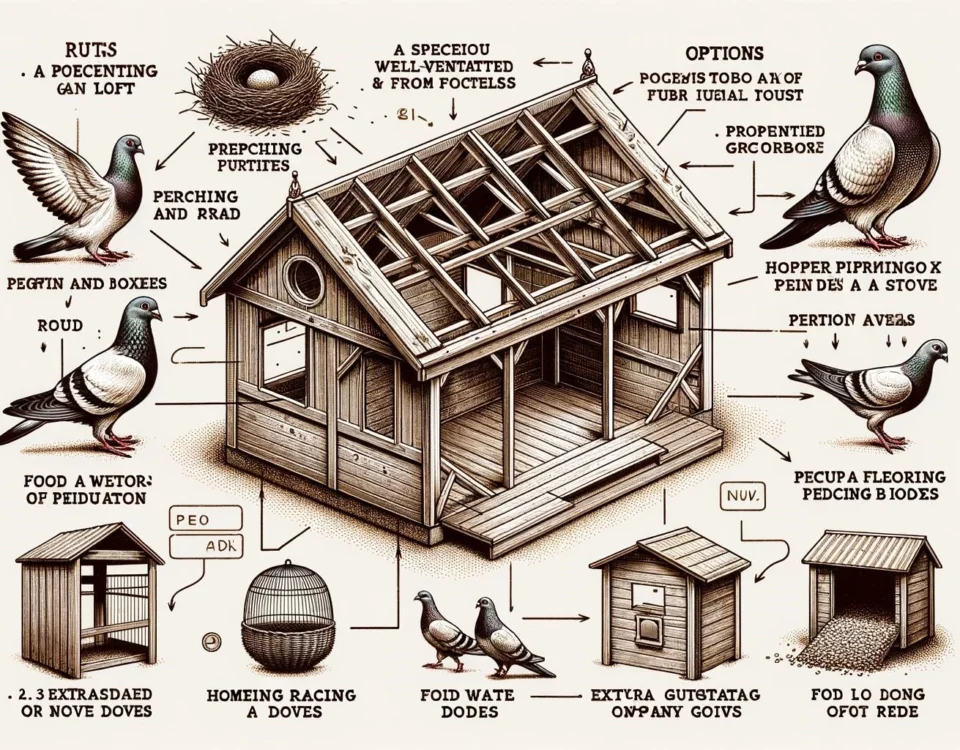Pigeons have a long history of being used for various purposes, from delivering messages to serving as a source of food. This article will explore the laws and traditions surrounding pigeons, including ownership regulations, hunting restrictions, cultural significance, and more.
Key Takeaways
- Owning pigeons is legal in many parts of the world, but specific regulations may vary depending on country, region, and local jurisdiction.
- Some areas may require permits or licenses to own pigeons, and there may be zoning laws and health and safety regulations to follow.
- Wild pigeons are generally not protected by wildlife laws, and there may be legal restrictions on hunting them.
- Pigeons have cultural significance in various traditions, including Hinduism, Christianity, and Islam.
Pigeon Ownership Laws
When it comes to owning pigeons, there are legal considerations that vary depending on the country and local laws. Here are some common legal aspects to consider:
- Permits and licenses: Some places may require permits or licenses to own pigeons. These help regulate ownership and ensure compliance with specific regulations. It is essential to check with local authorities to determine if any permits are necessary.
- Zoning laws: Local zoning laws may have specific requirements for keeping pigeons, especially in urban or residential areas. Regulations may cover the number of pigeons allowed, housing requirements, and distance from neighboring properties.
- Health and safety regulations: Certain jurisdictions may have regulations relating to waste management, disease prevention, and cleanliness of pigeon housing. Complying with these regulations is crucial for the well-being of the birds and human health.
- Nuisance laws: Pigeons can be perceived as pests, and some areas have laws or ordinances addressing nuisance complaints related to pigeons. These laws may place restrictions on the behavior of pigeon owners or provide solutions for dealing with nuisances caused by pigeons.
- Wildlife protection laws: While pigeons are often considered domesticated animals, it is important to ensure compliance with wildlife protection laws. In some countries, certain pigeon species may be protected by law, and it may be illegal to keep or disturb them.
It’s crucial to research and understand the specific laws and regulations that apply to pigeons in your area to avoid any legal issues.
Pigeon Hunting and Legal Restrictions
There are legal restrictions on hunting pigeons in different countries around the world. Here are some general guidelines to consider:
- Wildlife protection laws: In the United States, migratory birds, including wild pigeons, are protected by the Migratory Bird Treaty Act of 1918. It is illegal to hunt, capture, or kill any migratory bird species without a valid permit.
- Exception for pigeons: While many wild birds are protected, there are exceptions for certain species like pigeons, starlings, and English sparrows. These exceptions may allow hunting of pigeons without a permit in certain jurisdictions.
- State and local laws: State and local laws may also regulate hunting of pigeons. It is important to consult the specific regulations in your area to ensure compliance.
It’s always best to check the wildlife protection and hunting laws in your country and locality to understand the specific legal restrictions on hunting pigeons.
Pigeons in Cultural Traditions
Pigeons hold cultural significance in various traditions around the world. Here are a few examples:
- Hinduism: In Hinduism, pigeons symbolize spirituality, peace, and purity. They are associated with Kamadeva, the god of love and desire, and are considered sacred animals. Some Hindu temples use pigeons symbolically in rituals and blessings.
- Christianity: Pigeons often represent the Holy Spirit in Christian tradition. The story of Noah’s Ark features a pigeon that returns with an olive branch, symbolizing the end of the flood and the beginning of peace.
- Islam: Pigeons have played a significant role in Islamic traditions. They were considered trustworthy messengers and were involved in delivering important messages, including the revelation of the Quran to Prophet Muhammad.
These are just a few examples of the cultural significance of pigeons in various traditions. Pigeons have been revered and featured prominently in art, literature, and religious ceremonies throughout history.
Conclusion
Pigeons have a rich history and cultural significance in various parts of the world. While pigeon ownership is generally legal, it is essential to understand and comply with the specific laws and regulations in your area. Additionally, hunting restrictions and cultural traditions surrounding pigeons add to their intrigue and importance. Whether admired for their navigational skills, revered for their symbolism, or enjoyed as pets, pigeons continue to hold a special place in our lives.








